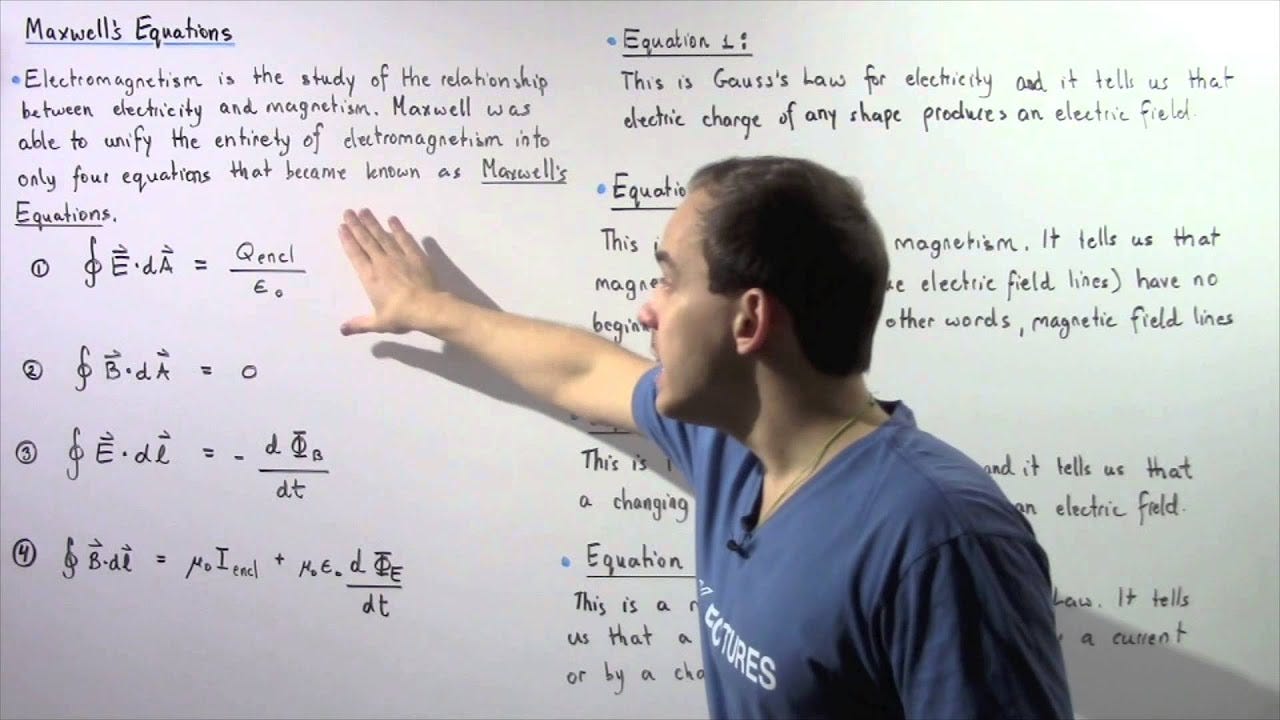Our Electrical Grid - by the numbers
A summation of the studies & research into our grid
In many of my posts I refer to the costs without providing the direct numbers. Because doing so would make every post incredibly long (and boring). But it’s legit to ask me to back up my conclusions.
So, here is all my research to date where I did work through the numbers. And if any of my calculations are wrong — please let me know. If I am wrong I will own up to it and correct what I’ve written. In addition I have listed several intro posts that explain the basics around the grid, etc.
This has been an incredibly interesting experience. I’ve learned a lot as I’ve worked through all this. And it’s caused me to review/remember all I learned in my Electricity & Magnetism classes from 50 years ago at C.U.
If you’re curious - this is what Got Me Started — I Never Intended to be a Cassandra



What a helpful learning path to guide others, David. Like you and the previous commenter, I arrived at similar conclusions (via similar learning paths) over the past decade, mostly out of personal curiosity. Perhaps what got me started was the realization that many of my friends (esp self-described 'progressives,' academics) and a large swathe of the public had absorbed not only positive messages and values of the 'green' movement, but likewise much of the fear-mongering propaganda of anti-nuclear zealots within it.
Coincidentally, my economic survival (aka 'career') has involved rigorous research and fact-checking for various public- and private-sector (or combined) entities, so I'm accustomed to diving deep into technical publications, working with evidence-based analyses and discussions. More importantly, perhaps, I've been privileged to know many humane scientists, engineers, and 'moderates' generally--regardless of occupation--in the course of my life. There's still "common sense" and a sense of the "common good" out there, I believe. Fingers crossed.
I did not read all this, but based on your past posts, you are coming to the same conclusions I did a decade ago, when I worked as a consultant to a utility to find ways to reduce their carbon footprint.
The most important things to understand:
1) Electricity is not a product; it is a service. It is not the food at the restaurant, it is the chef that makes the food, the waiter that delivers it, the man who cleans the dishes, etc.
2) The grid is caged lightning. It always wants to get out, always wants to be free. This is a fundamental law of the universe - energy states want to equalize. It takes enormous diligence and effort to keep the lighting caged. And the cage ultimately fails. You can lose a little, or you can lose a lot. There is no choice to lose nothing - losing nothing violates the laws of the universe. Every container for energy, leaks. Every wire leaks energy. Ever meter to measure energy uses energy. It is seeping out like a leaky old water pipe. The more you transform it, contain it, and transmit it, the more you will lose. The more complex an energy system is, the more holes you drill in the leaky pipe. Fully 60% of the energy we generate is wasted - lost in the system.
https://www.eia.gov/todayinenergy/detail.php?id=44436